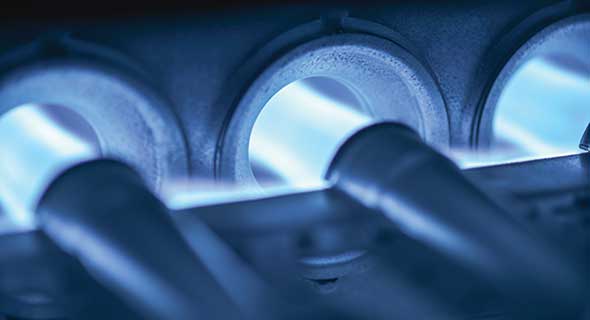The importance of meeting industry standards
Life is stranger than fiction.
That’s the moral of this story – for gas companies in general and for propane companies in particular.
In an explosion case from several years ago – Jones v. Centerpoint Energy – a jury awarded the plaintiffs more than $15 million, which, after interest and costs, came to about $22 million.
The natural gas company was found to be 50 percent responsible for the accident despite putting a lock on the gas line fueling the home after nonpayment by the homeowner. The case was appealed but affirmed on all points.
Carl Jones’ wife, children and grandchildren, all of whom suffered significant burn injuries, joined him as plaintiffs in the case.
No payment, no service
The natural gas utility shut off gas to the home due to Carl Jones’ failure to pay for service.
The company applied a lock to the gas service to prevent anyone from getting around the cutoff of gas service. This lock was no match for Jones, however, as he was able to intentionally break it with a wrench and restore gas service to his home. It also appears Jones left a gas line open in the home and hid the utility-supplied gas meter to his home to cover up his actions.
With the gas left on to the home, an explosion occurred in the early-morning hours when Mrs. Jones turned on an appliance.
The gas company had installed a plastic lock and claimed it also installed a block that would stop the flow of gas. Plaintiffs said the gas company was required to lock out gas service with a lock that met certain standards set by federal law. This lock was claimed to be plastic and not made to meet the federal standards. It was also claimed that the gas company was required to install a block or remove the gas meter. In this case, plaintiffs did not believe that the gas company installed the block, and it was clear that the gas company did not remove the gas meter.
The gas company also did not monitor systems that cut off service after nonpayment, even though some customers would get around the cutoff of service. It also did not usually take legal action against customers that would steal gas service.
50/50
Carl Jones was found to be 50 percent at fault for his actions. The gas company was also found to be 50 percent responsible in the case for its use of a lock that was not in compliance with industry requirements.
What should the propane industry take away from this case? Be sure when using any items in your business, especially those for safety, that they meet industry standards. If you know someone is getting around your efforts to cut off service, from past experience with this type of account, it seems the wisest approach is to simply remove the tank.
This case also points out one of the difficult truths in many cases. Even though one person injured is at fault, others are often injured through no fault of their own. These innocent victims seek to get some negligence against the gas company. If they are successful in this effort, they will recover for their injuries – at least in part.
John V. McCoy is with McCoy Leavitt Laskey LLC, and his firm represents industry members nationally. He can be reached at 262-522-7007 or jmccoy@MLLlaw.com.

















